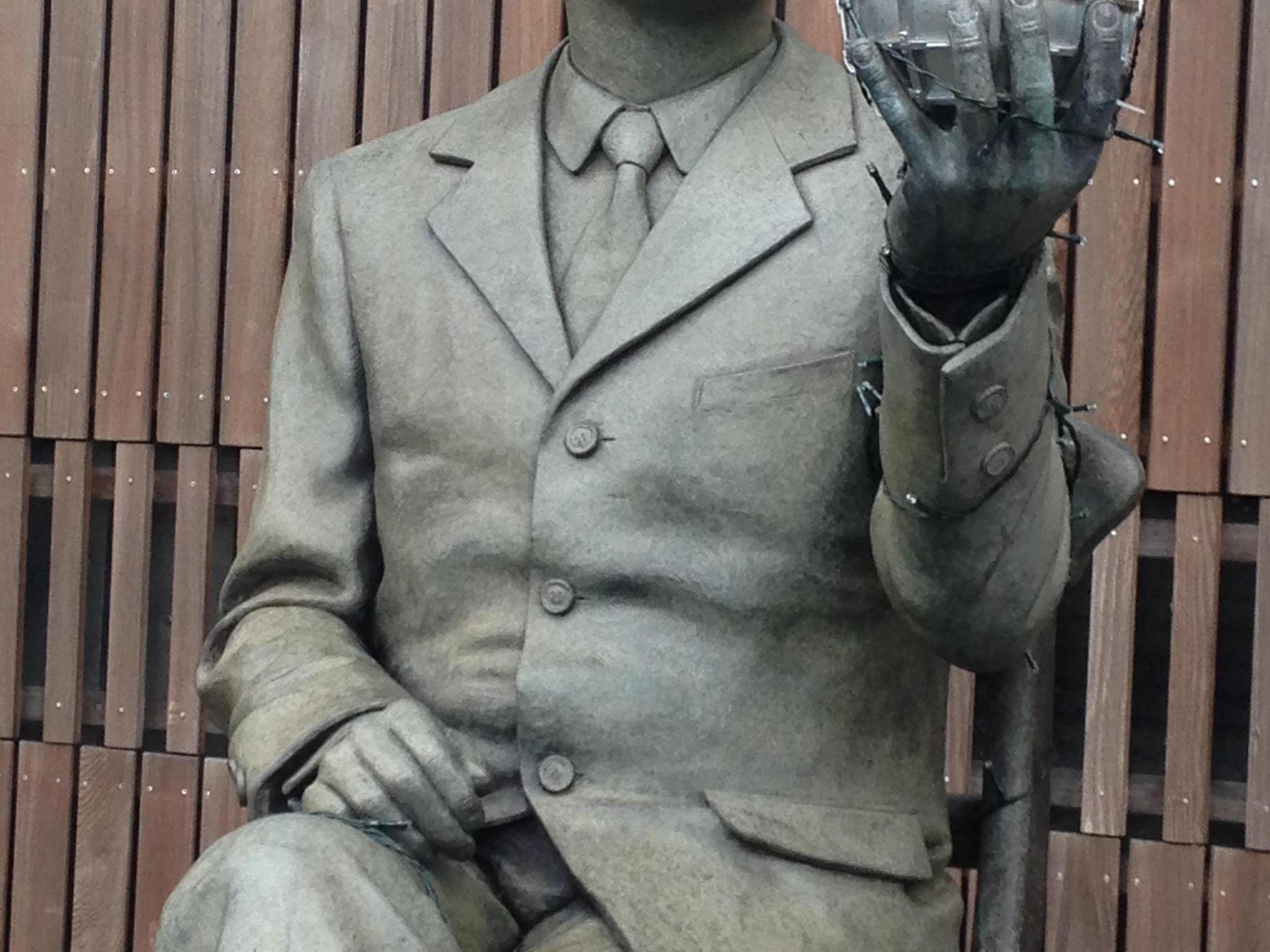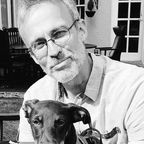Traces from the other end of time: imaginary futures and the prehistoric past
ONLINE - Tuesday 18 July 2023 at 7 pm
How we write about the archaeological past, especially prehistory, is not something we often consider in any depth, although in an age when we are rightly concerned to demonstrate the public value of archaeology it certainly deserves our attention. Archaeology is a form of story-telling but what kind of stories could and should we be writing about the deeper past?
According to JG Ballard, science fiction was ‘the most authentic literature of the twentieth century’, which seems apt for a time both obsessed with and anxious about technological progress. At first glance, therefore, it seems like the most modernist of genres. What could it possibly have in common with prehistoric archaeology? Yet I would like to suggest there are points of contact between the different ends of the time continuum - prehistorians constructing narratives from material evidence of a distant past and sf writers imagining how future societies in galaxies far, far away might respond to particular ecologies or technologies.
In this lecture, I will try and explore the relationship between ‘world-building’ in science fiction and prehistory. I begin with that quintessential pioneer, HG Wells, who wrote not only The Time Machine and other speculative futures, but also global histories and tales of the remote past. However, we need not limit ourselves to those authors who have also shown an interest in the past. Taking inspiration from Fredric Jameson’s provocatively titled Archaeologies of the Future, about the Utopian aspect of science fiction, we could ask whether in either prehistory or science fiction, we are doing much more than writing about ourselves. Nevertheless, I suggest a study of the tropes, styles and settings of science fiction can provide interesting and, hopefully, entertaining insights into how we might represent people of the past who were both like us and not like us, and why such reflections matter.



